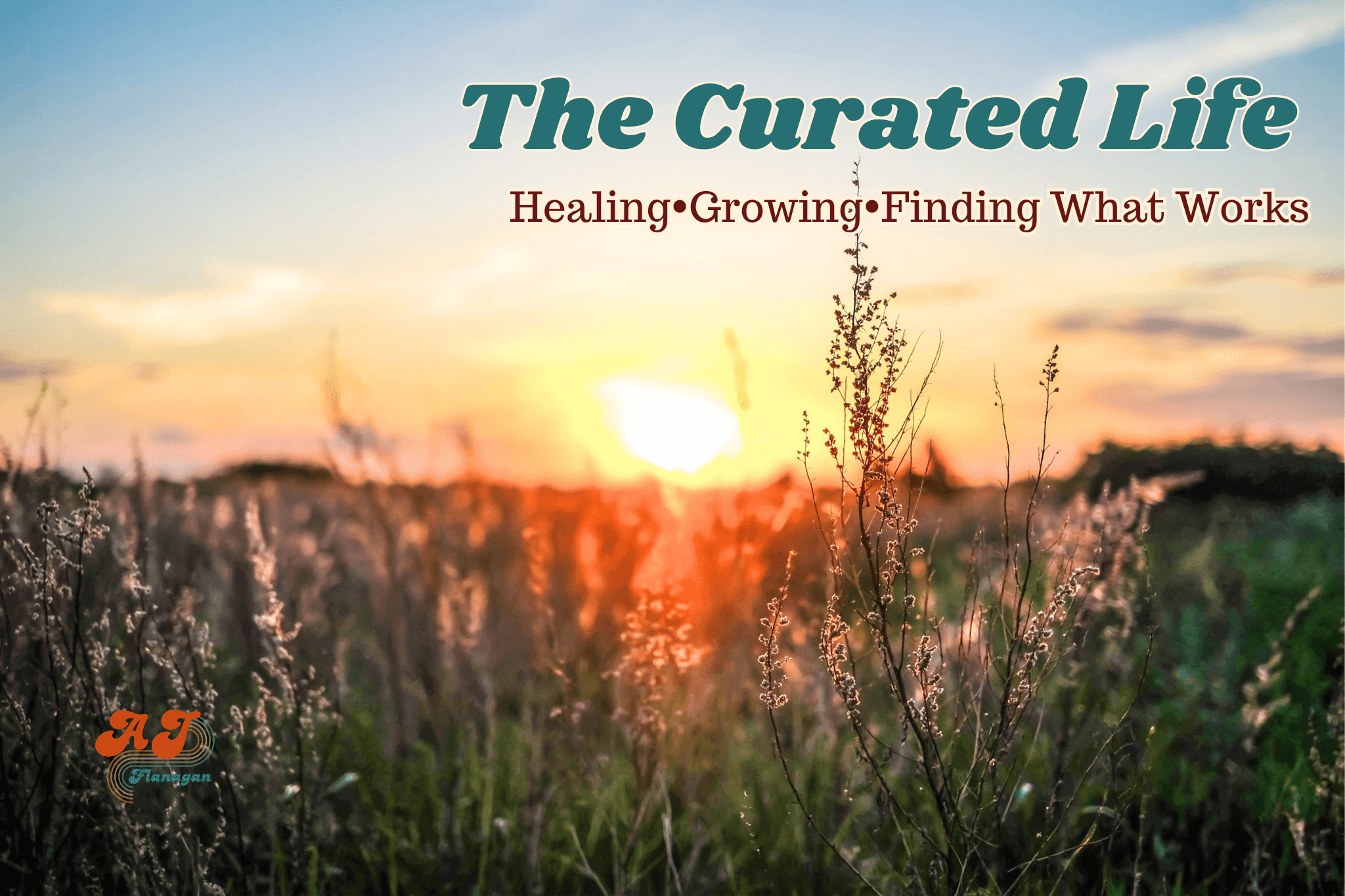
If you've been reading my blogs lately, you've probably noticed that I’ve been using the words "calm" and "simple" to describe the direction I want for my life these days.
Those words have been shaping a lot of my decisions. I’m choosing a slower pace, fewer extremes, and more than a little extra intention about what I take on and what I let go of. I'm getting better at pausing, thinking, and praying before plowing ahead. It's a shift that's working well for me...

The other day I opened the cabinet to grab a bowl for dinner and noticed something I’ve apparently been ignoring for years. Right over there in my china compared are the "special" ones — the pretty bowls and plates that are part of a set of dishes my grandparents gave me. And without even thinking about it, I always grab one of the plain, practical bowls to use every day.
That’s when the question hit me...
Read more...
The other day I wrote my grocery list on a scrap of paper instead of typing it into my phone like a modern, efficient human.
And you know what?
I didn’t lose it.
I didn’t forget to open an app.
I didn’t get distracted by three notifications and end up ordering socks online.
I just… bought the groceries.
It made me laugh a little...
Read more...
The other day I sat down with my laptop to “finally get some things done.”
You know… it was going to be one of those very productive, get-my-life-together kind of mornings.
I opened my laptop with full intention to start on one project.
But before I could begin, my brain chimed in:
Read more...
I’m still under the covers. Eyes mostly closed. Brain not fully online yet. And I’ve got the Dwell app playing — daily Scripture and a short lesson.
It’s the easiest win of my whole day.
Read more...



